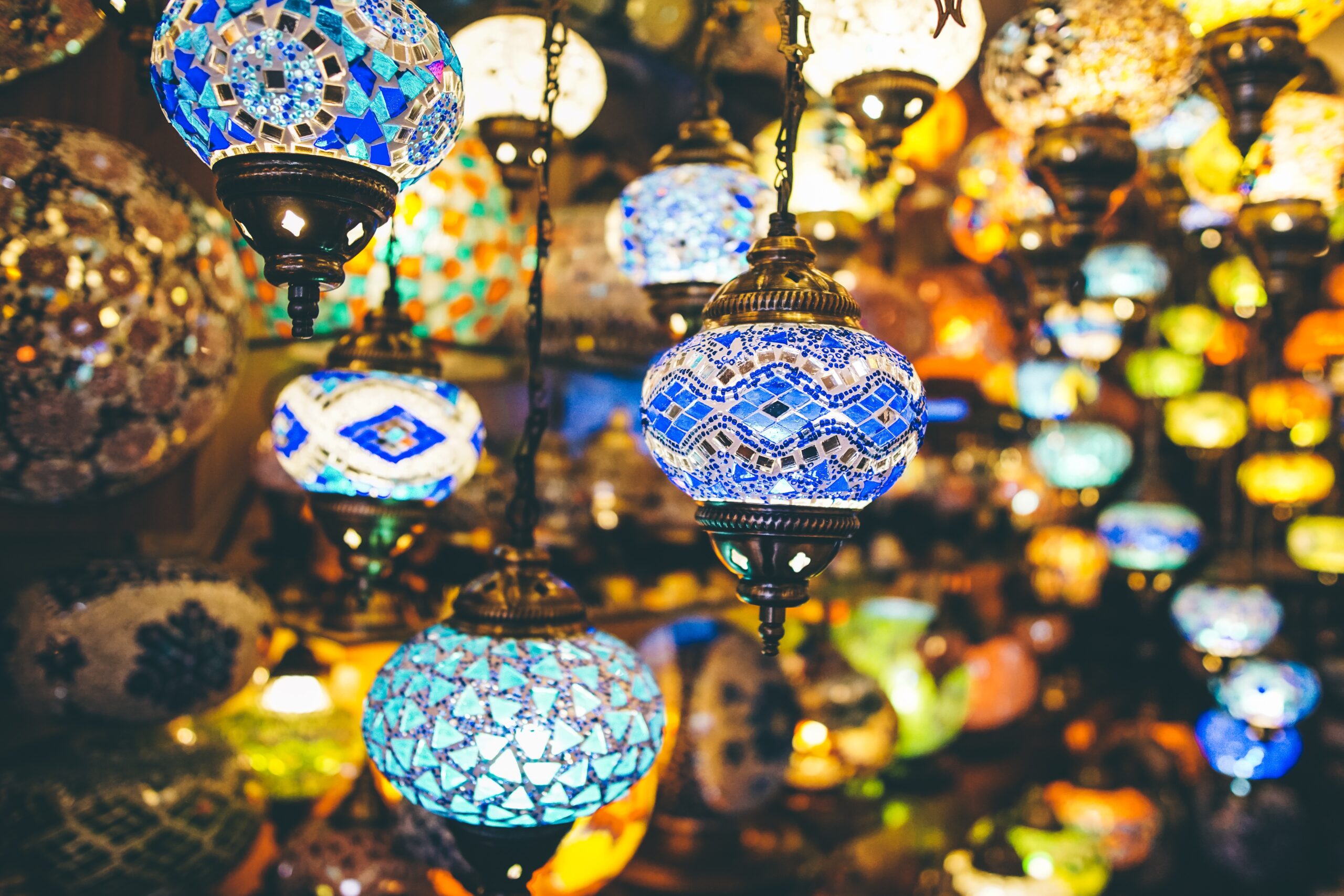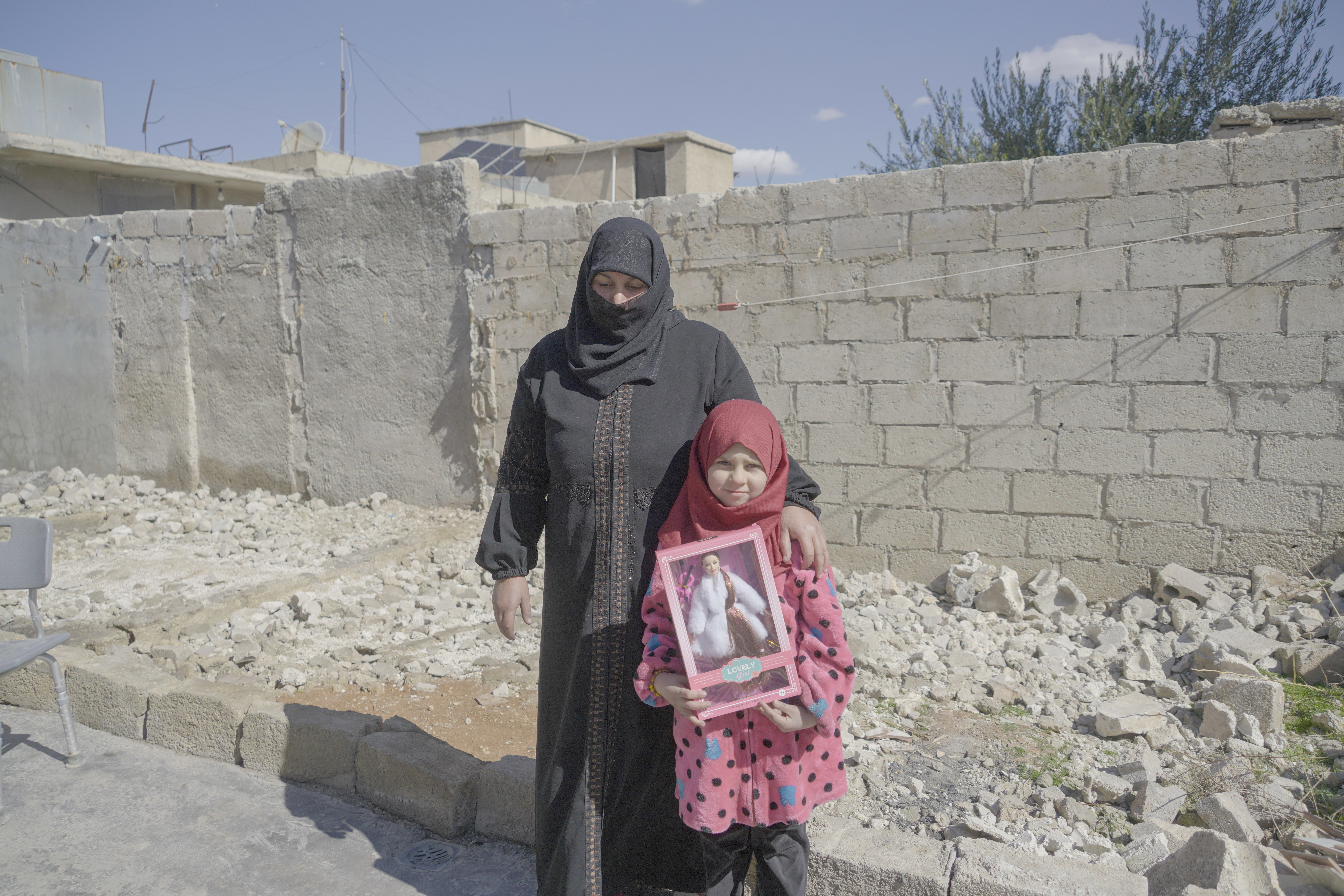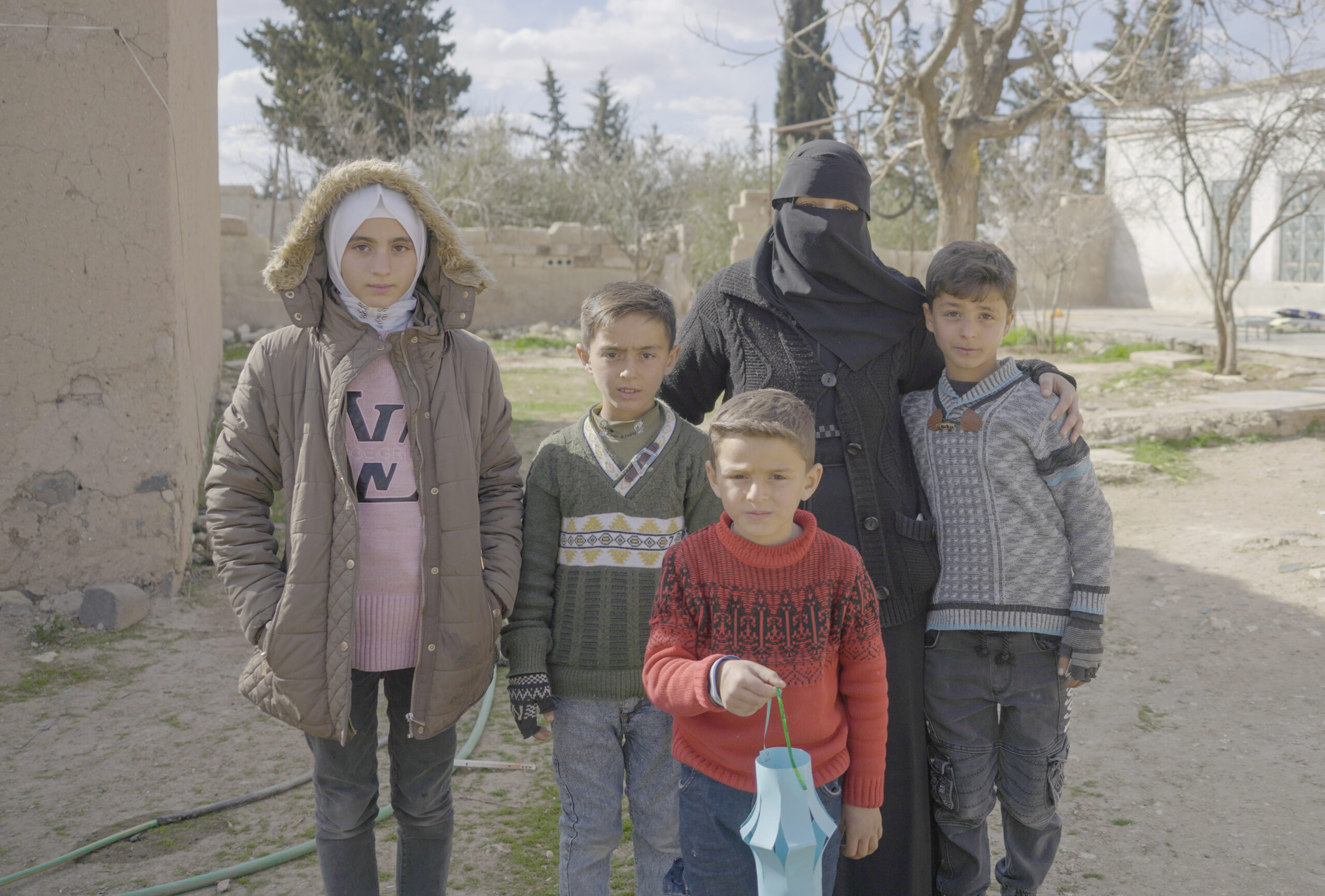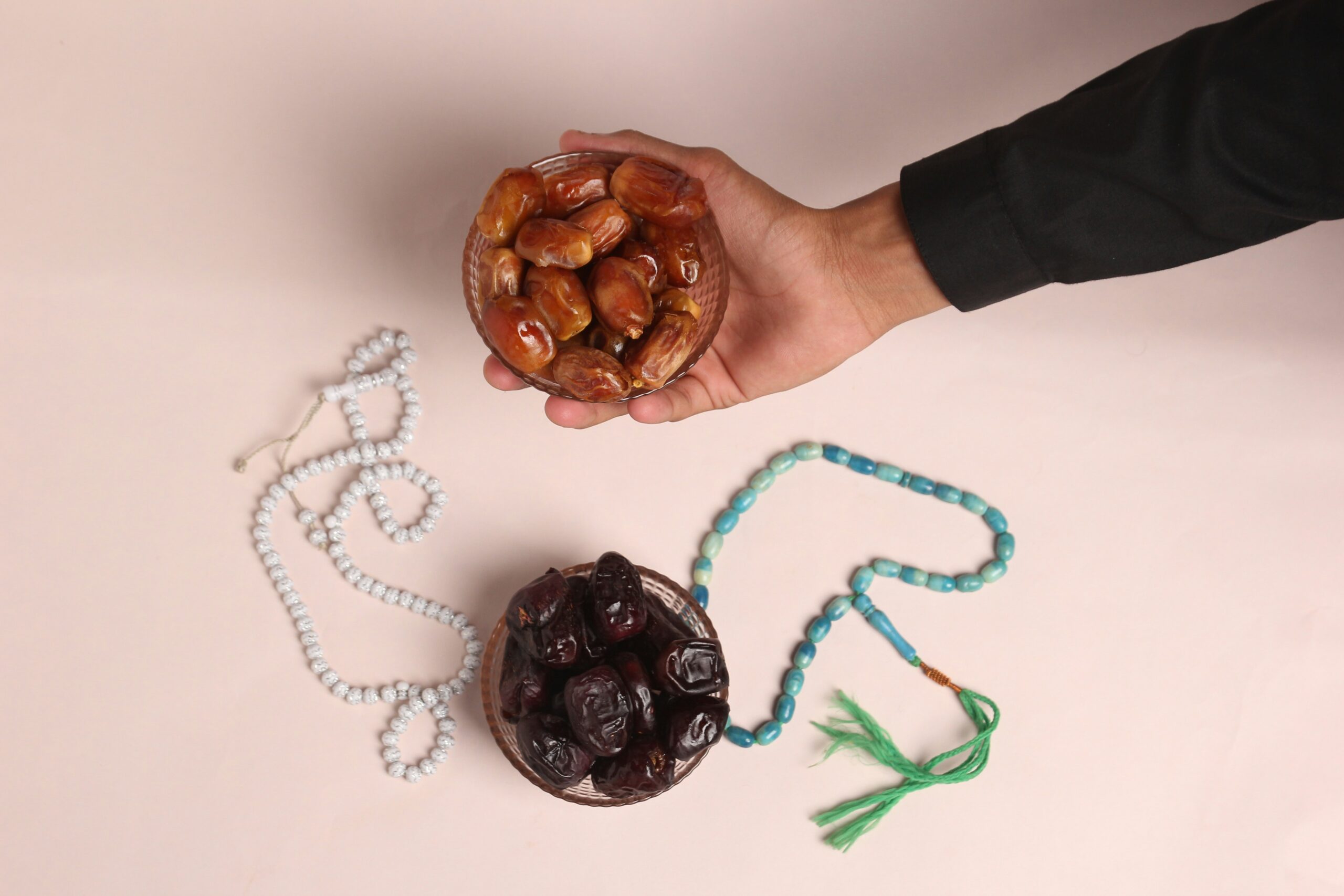
02.27.24
Why Do Muslims Fast During Ramadan?
Fasting (Arabic: Sawm) during Ramadan, the ninth month of the Islamic calendar, is one of the five pillars of Islam.
It is an important staple of the faith, alongside the other four pillars. These are Shahada (belief in Allah SWT and His Messenger, Prophet Muhammad (ﷺ)), Salah (prayer), Zakat (obligatory charity), and Hajj (pilgrimage to Makkah).
As such, during the sacred month of Ramadan, Muslims across the globe, who are healthy and of age, abstain from eating, drinking, and other physical needs from dawn to dusk for the sake of Allah (SWT).
The Importance of Fasting During Ramadan
Allah (SWT) has made it obligatory for Muslims to fast during the month of Ramadan. In the Quran, He says:
“O believers! Fasting is prescribed for you—as it was for those before you—so perhaps you will become mindful (of Allah). (Fast a) prescribed number of days…Ramadan is the month in which the Quran was revealed as a guide for humanity with clear proofs of guidance and the decisive authority. So whoever is present this month, let them fast.”
Al-Baqarah, 2:183-185
In these verses, Allah (SWT) establishes fasting, especially during the blessed month of Ramadan, as an important act of worship. It reminded us to stay away from harmful activities and behaviours. Likewise, it encourages us to engage in more beneficial acts, such as Salah (prayer), reading Quran and giving charity, for His sake.
He also emphasises the sacredness of Ramadan, mentioning it as the month the Quran, the ultimate guide to life, was revealed to humanity.
Benefits of Fasting During Ramadan
Fasting during Ramadan has many benefits, physically, mentally and spiritually.
Physically, it can help to cleanse the body and promote weight loss. It can also improve insulin sensitivity and lower the risk of chronic diseases such as diabetes and heart disease.
Fasting also helps with mental health in several ways. It allows one to be more focused, as discipline and self-control are both required to fast properly. Ramadan is also a time of community, as Muslims from all walks of life come together to break their fasts.
However, the spiritual benefits of fasting during Ramadan are the most significant. First and foremost, Allah (SWT) prescribed fasting as a means to purify oneself spiritually. It allows time for self-reflection, helping one keep away from harm by being more conscious of God.
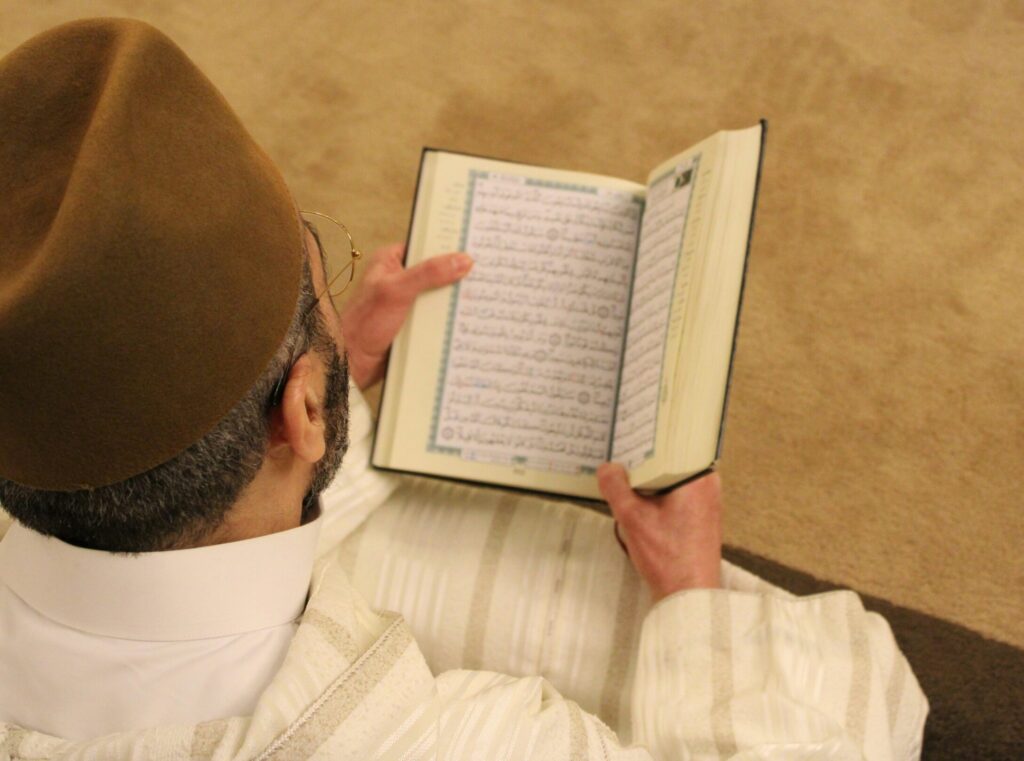
Fasting also allows one to develop a deeper sense of empathy for those who are less fortunate. It helps one appreciate the many blessings, big and small, in their own lives, bringing them closer to Allah (SWT).
In one hadith, the Prophet (ﷺ) also said,
“(Allah said), ‘Every good deed of Adam’s son is for him except fasting; it is for Me. and I shall reward (the fasting person) for it.’ Verily, the smell of the mouth of a fasting person is better to Allah than the smell of musk.”
Sahih Bukhari
This is what makes fasting during Ramadan such a valuable experience. For fasting in Ramadan for Allah (SWT)’s sake is one of the ways to honour and celebrate His love and mercy and earn His many blessings.
Who is Exempt from Fasting in Ramadan?
Fasting is mandatory for any healthy, adult (which includes children who have reached puberty) Muslims, but there are some exceptions.
In the Quran, Allah (SWT) says,
“(Fast a) prescribed number of days. But whoever of you is ill or on a journey, then (let them fast) an equal number of days (after Ramadan). For those who can only fast with extreme difficulty, compensation can be made by feeding a needy person (for every day not fasted). But whoever volunteers to give more, it is better for them. And to fast is better for you, if only you knew.”
Al-Baqarah, 2:184
Within this verse, the main groups of people who may be exempt from fasting include:
Elderly people who are too weak or ill to fast
Elderly Muslims who have chronic medical conditions such as diabetes, heart disease and kidney disease may find it very difficult to fast. While it’s urged to still fast if they are capable of doing so, they’re also allowed to break their fast to help manage their health conditions.
Pregnant women and nursing mothers (if fasting will hurt their or their baby’s health)
In some cases, fasting can be harmful to the health of both the mother and the baby. If fasting prevents the expectant or new mother from consuming enough nutrients to support their own health and the health of their child, they’re allowed to break their fast.
Women who are menstruating or experiencing postpartum bleeding
Women who are on their period or are experiencing bleeding after childbirth are exempt from prayer and fasting. For women on menses, they must resume fasting after finishing their period. However, a new mother who’s finished their postpartum bleeding can remain exempt from fasting if she is nursing and it is better for her and her baby’s health to not fast.
People with certain medical conditions (where fasting is dangerous for them)
Chronic health conditions such as severe anaemia, cancer and mental illness can make it hard to fast. While someone with these types of medical conditions can and is urged to fast if they’re able, they’re also allowed to break their fast to manage their health conditions.
Travellers who are on a journey (exceeding a certain distance and duration)
Within the Quran, it is mentioned that travellers (journeying for lawful reasons and not to avoid their duty of fasting during Ramadan, for an extended period of time and exceeding a certain distance) are allowed not to fast if it is difficult for them.
This specific time and distance can vary. However, many scholars agree that the minimum distance should be the same as the one that permits a traveller to shorten their prayers. This is four burud (approximately 88.7 km in distance) from one’s home city’s borders.
For all these exempt categories, Muslims are still expected to make up the missed days of fasting after Ramadan as soon as they can. However, if they are still unable to fast, they must provide food to those in need. This compensation is called Fidya (Fidyah). It requires one to pay one meal’s worth to the needy for each fasting day they missed during Ramadan.
What Breaks Your Fast During Ramadan?
Just as it’s important to know who is exempt from Ramadan fasting, one should also know what breaks a fast. Intentionally eating or drinking anything, engaging in sexual relations, smoking and intentionally vomiting all break the fast.
However, it’s also important to remember that accidentally eating or drinking something does not break the fast. If one breaks their fast without meaning to, they can simply resume fasting for the remainder of the day without having to make it up.
“Whoever forgets that he is fasting and eats or drinks, let him complete his fast, for it was Allah who fed him and gave him to drink.”
Bukhari and Muslim
However, if one breaks their fast without a valid reason, they must compensate for their actions by giving Kaffarah. Kaffarah is a charitable compensation equal to feeding 60 people in need. 60 people times each day one purposely missed their fast in Ramadan, if one is unable to fast for two consecutive lunar months without a break.
What Else Affects One’s Fast?
Fasting, especially during Ramadan, is more than a physical act. As mentioned previously, fasting helps increase mindfulness and spirituality. By urging believers to abstain from bad deeds and do more good, it makes them stronger in faith. This, in turn, brings them closer to Allah (SWT).
In one hadith, the Prophet (ﷺ) also said,
“Whoever does not give up false statements (i.e. telling lies), and evil deeds, and speaking bad words to others, Allah is not in need of his (fasting) leaving his food and drink.”
Sahih Bukhari

As such, engaging in behaviour that violates the spirit of fasting, such as lying, backbiting or engaging in harmful behaviour towards others, is discouraged. This is especially true during the Holy month of Ramadan. As this is the month when Allah (SWT) has given many opportunities for believers to receive more rewards for their efforts.
So why do Muslims fast in Ramadan? All in all, fasting in this blessed month is important. As Allah (SWT) ordered believers to do so for their benefit. By observing this pillar of Islam, it allows one to strengthen their mind, body and soul. As well as see even more blessings from Allah (SWT) in this life and the Akhirah (Hereafter).
In this month when the rewards for good deeds are multiplied more than any other month, let’s put our best efforts into performing our Ramadan fasts. May Allah (SWT) bless us all and accept our fasting and good deeds during this Holy month, ameen!

